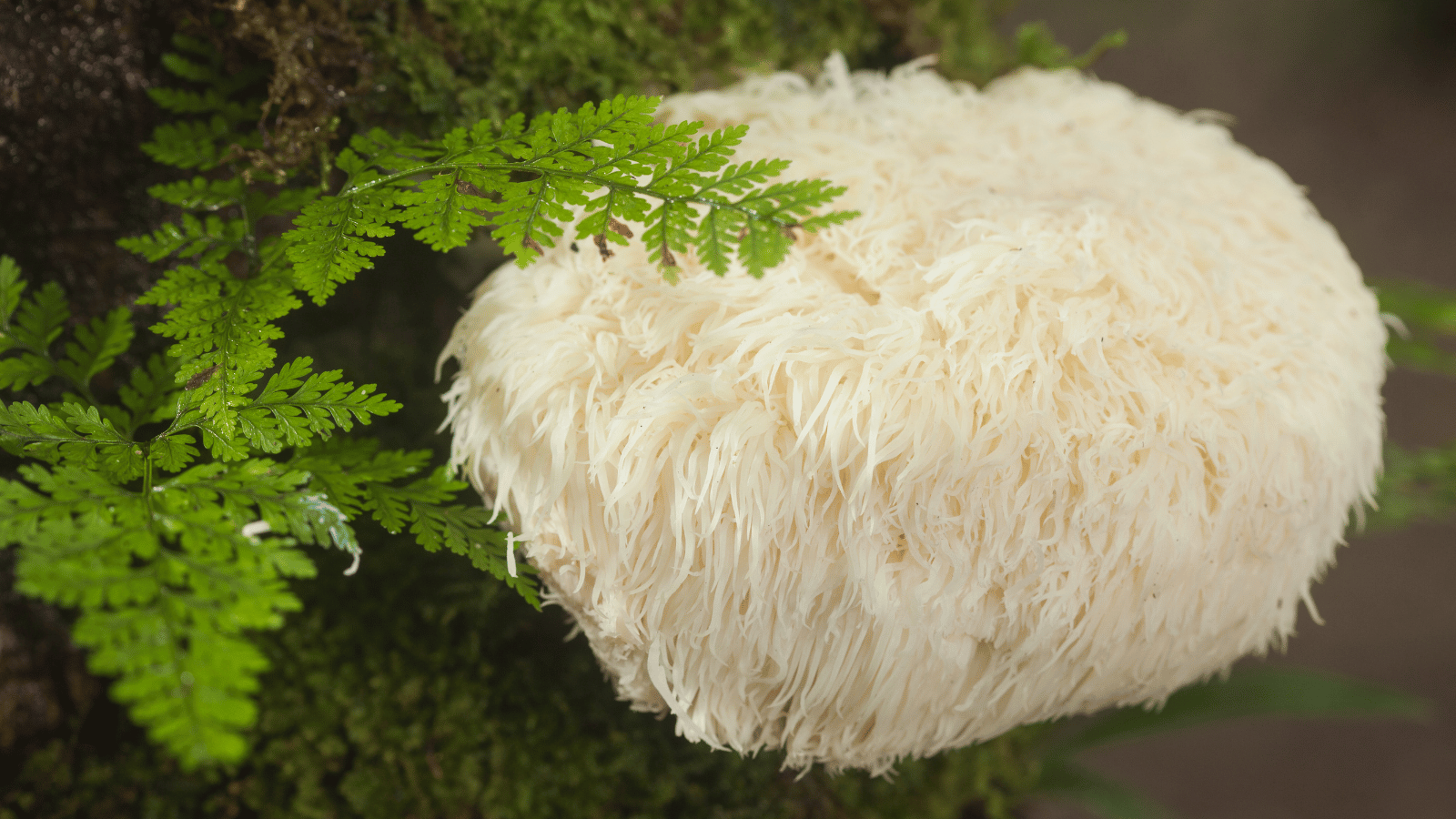

Lion's Mane Mushroom: A Proven Brain-Boosting Functional Mushroom
Lion's Mane mushroom, also known as Hericium erinaceus, is a functional mushroom that has gained attention in recent years for its potential brain-boosting properties. This mushroom is native to Asia, Europe, and North America and has been used in traditional medicine for centuries to treat a variety of ailments. Today, scientific research is shedding light on the potential health benefits of Lion's Mane mushroom, particularly for brain health.
What is Lion's Mane Mushroom?
Lion's Mane mushroom is a unique-looking mushroom that grows on trees, particularly hardwoods like oak and maple. It has a shaggy appearance, resembling the mane of a lion, and has a delicate texture and a sweet, slightly nutty flavor, making it a popular ingredient in culinary dishes. The mushroom is rich in bioactive compounds, including beta-glucans, polysaccharides, and ergothioneine, which are believed to be responsible for its potential health benefits.
Where is Lions Mane Found?
Lions Mane grows on hardwood trees, particularly oak, maple, and beech, as well as on some conifers. Lion's Mane mushrooms can be found growing on dead or dying trees, or on living trees with wounds or damage.
In terms of climate and temperature, Lion's Mane mushrooms prefer cool, moist conditions. They can grow in a variety of habitats, including forests, parks, and gardens. They are typically found in the late summer and early fall, but can sometimes be found as early as May or as late as December, depending on the region.
In order to cultivate Lion's Mane mushrooms, specific conditions need to be created. They require a substrate, which is the material on which the mycelium (the vegetative part of the fungus) grows, such as sawdust, straw, or logs. The substrate needs to be sterilized to prevent contamination, and the temperature and humidity need to be carefully controlled to promote growth.
Overall, Lion's Mane mushrooms can be found in a variety of habitats in the wild, but can also be cultivated under specific conditions for culinary or medicinal purposes.
Brain-Boosting Properties of Lion's Mane Mushroom
One of the most well-known potential benefits of Lion's Mane mushroom is its ability to support brain health. Studies have shown that Lion's Mane mushroom may have neuroprotective properties, meaning it may help protect the brain from damage and degeneration. This is thought to be due to the presence of compounds like hericenones and erinacines, which have been found to stimulate the growth and repair of nerve cells in the brain.
Several studies have also investigated the potential cognitive benefits of Lion's Mane mushroom. In a 2010 study published in the Journal of Agricultural and Food Chemistry, researchers found that supplementing with Lion's Mane mushroom extract for four weeks improved cognitive function in older adults with mild cognitive impairment. Another study published in the International Journal of Medicinal Mushrooms in 2012 found that Lion's Mane mushroom extract improved cognitive function in mice.
Other Health Benefits of Lion's Mane Mushroom
In addition to its potential brain-boosting properties, Lion's Mane mushroom may also have other health benefits. For example, studies have found that Lion's Mane mushroom extract may have anti-inflammatory properties, as well as potential benefits for cardiovascular health and blood sugar regulation.
How to Consume Lion's Mane Mushroom
Lion's Mane mushroom can be consumed in a variety of forms, including as a supplement, tea, or in culinary dishes. Lion's Mane mushroom extract supplements are widely available and can be found in health food stores and online. Lion's Mane mushroom tea can also be made by steeping dried Lion's Mane mushroom in hot water for several minutes. The mushroom can also be used in culinary dishes, such as soups and stir-fries.
Overall, scientific research suggests that Lion's Mane mushroom may have powerful brain-boosting properties, as well as other potential health benefits. As with any supplement, it's important to consult with a healthcare provider before using Lion's Mane mushroom, especially if you have a medical condition or are taking medication.
